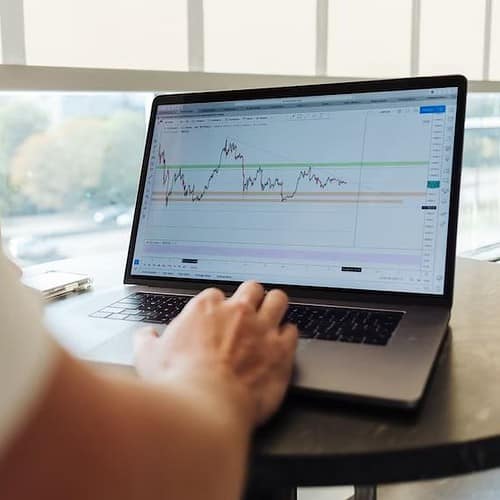Introduction:

Image: www.quickread.co.za
In the ever-evolving financial market, Contract for Difference (CFD) trading has emerged as a popular investment vehicle, particularly among South African traders. CFDs offer the potential for significant returns, but navigating the complexities of CFD trading can be daunting, especially for beginners. Join us on an enlightening journey as we delve into the world of CFD trading brokers in South Africa, empowering you with the knowledge and guidance to make informed financial decisions.
What is CFD Trading?
CFD trading involves speculating on the price movements of financial instruments, such as stocks, forex, commodities, and indices, without actually owning the underlying asset. You enter into a contract with a CFD broker to exchange the difference in the price of the asset from the time the CFD position is opened until it is closed. Profit or loss is made based on the price fluctuations of the underlying instrument over the duration of the contract.
Benefits of CFD Trading with South African Brokers:
South Africa boasts a regulated and competitive CFD trading environment. By partnering with reputable CFD brokers based in the country, you can enjoy several advantages:
-
Regulation: Financial authorities in South Africa, such as the Financial Sector Conduct Authority (FSCA), provide oversight of CFD brokers, ensuring transparency and fair practices.
-
Flexibility: South African CFD brokers offer a wide range of trading instruments and flexible trading conditions, catering to different risk appetites and investment goals.
-
Local Support: With local offices and support teams, South African brokers offer convenient customer service and personalized assistance in the trader’s native language.
Choosing the Right CFD Broker:
Selecting the right CFD broker is crucial for your trading success. Consider the following factors:
-
Regulation and Credibility: Ensure the broker is authorized and regulated by a recognized financial authority. Verify their reputation through online reviews and industry certifications.
-
Trading Platform: Evaluate the user-friendliness, functionality, and trading tools provided by the platform. Look for platforms that offer advanced charting, technical analysis tools, and low latency execution.
-
Fees and Commissions: Compare the overall cost of trading, including commissions, spreads, and swaps. Choose brokers that offer competitive fee structures to maximize your profit potential.
-
Education and Support: Choose brokers that prioritize trader education and provide comprehensive training materials, webinars, and dedicated support teams to help you navigate the complexities of CFD trading.
Getting Started with CFD Trading:
-
Open a Trading Account: Complete the registration process with your chosen CFD broker, providing accurate personal and financial information.
-
Fund Your Account: Deposit funds into your trading account using supported payment methods. Determine the amount you are willing to invest, aligning with your risk tolerance and financial goals.
-
Select a Trading Strategy: Develop a trading plan that outlines your entry and exit points, risk management parameters, and trading signals. Research market trends, technical indicators, and fundamental analysis to inform your trading decisions.
-
Execute Your Trades: Once you have identified a trading opportunity, place an order specifying the asset, trading volume, and direction (buy or sell). Monitor your positions regularly to track performance and make necessary adjustments.
Conclusion:
CFD trading in South Africa offers lucrative opportunities for financial growth. By choosing reputable CFD brokers, understanding the trading process, and developing a sound trading strategy, you can navigate the markets with confidence. Remember, CFD trading carries inherent risks, but through proper education, risk management, and a calculated approach, you can unlock the potential for financial success in the exciting world of CFD trading.

Image: www.asktraders.com
Cfd Trading Brokers In South Africa






